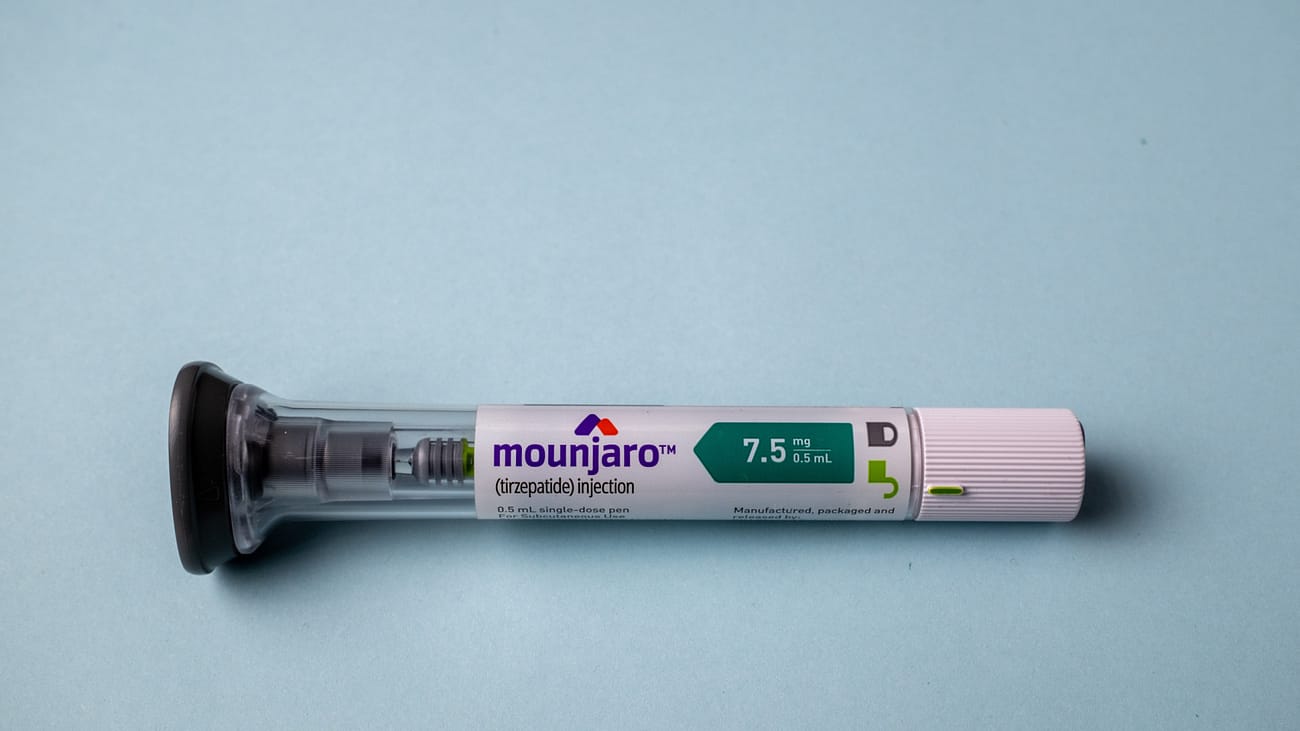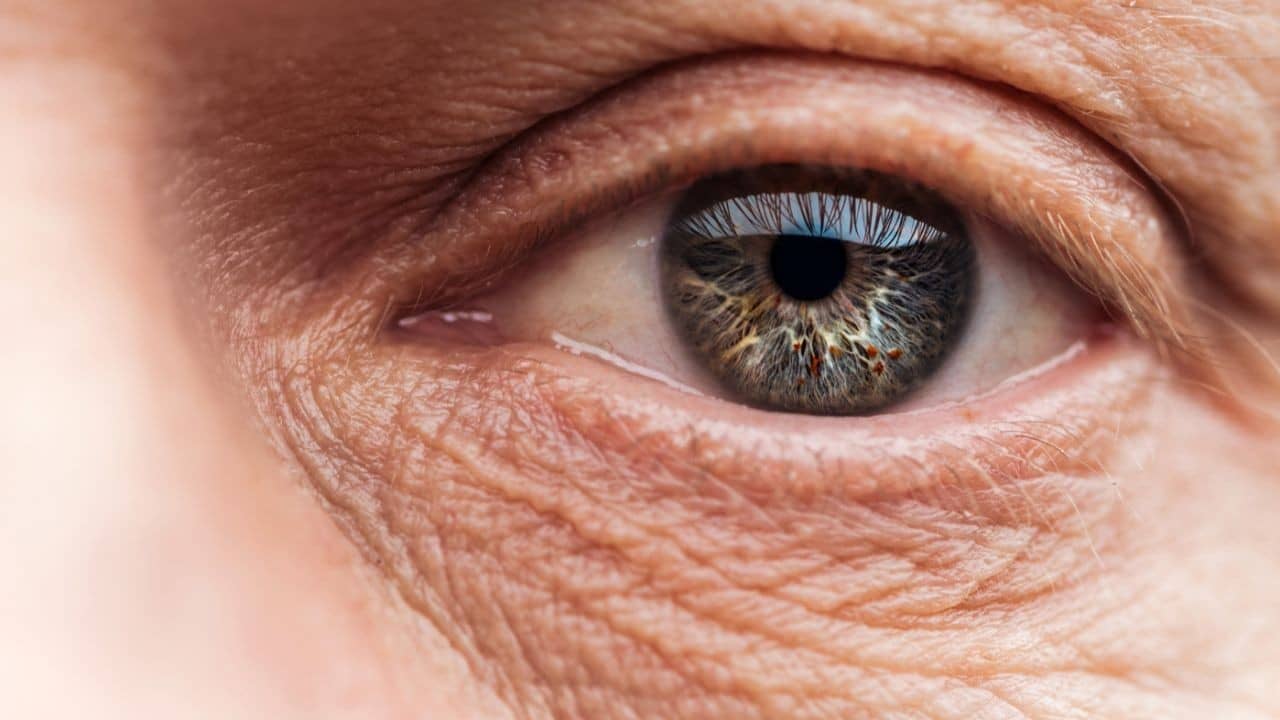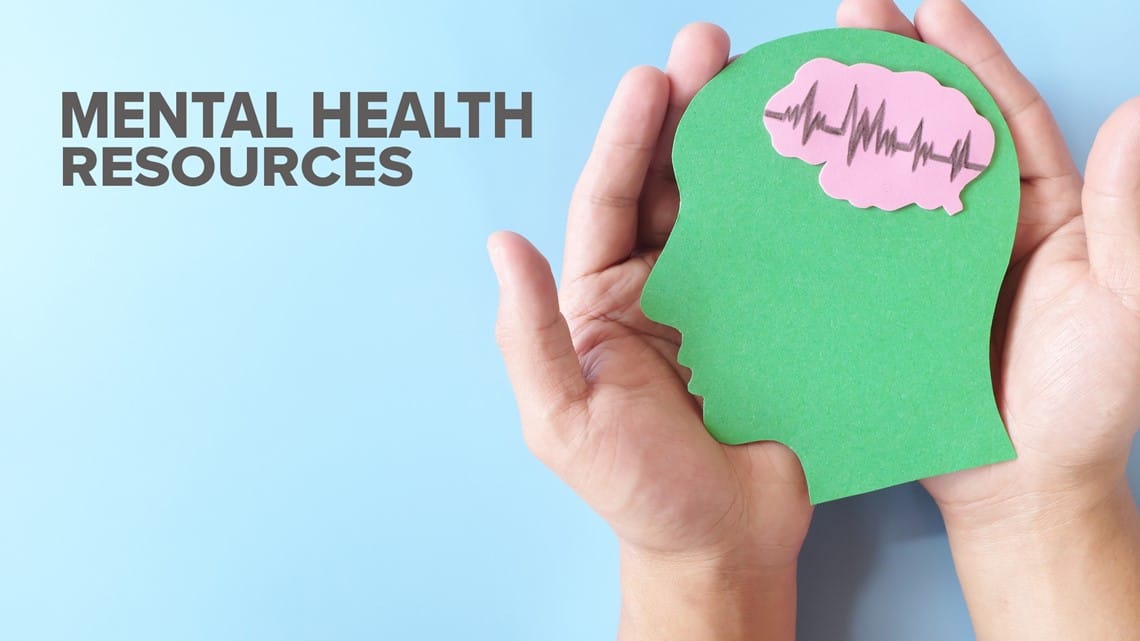Matthew Perry’s tragic death has reignited public interest in psychedelics, particularly ketamine, a powerful substance with both therapeutic and controversial aspects. As new details emerge about Perry’s use of ketamine, it’s crucial to delve deeper into the role of psychedelics in modern medicine, their potential benefits, and the risks associated with their misuse.
The Role of Psychedelic Medicine
Psychedelics have gained attention for their potential in treating various mental health conditions. Ketamine, originally used as an anesthetic, has been repurposed for its psychedelic properties, showing promise in treating depression, anxiety, and PTSD. In 2019, the U.S. FDA approved esketamine, a form of ketamine, for individuals with treatment-resistant depression, marking a significant milestone in psychedelic medicine.
Dr. Boris Heifets from Stanford University emphasizes the dual nature of ketamine therapy. “Ketamine therapy is grounded in evidence and has helped many individuals,” he explains. “However, it can also lead to harm if misused.” This highlights the need for careful management and supervision when using psychedelics in a therapeutic setting.
Understanding the Impact of Psychedelic Substances
The resurgence of psychedelics in medical research has been accompanied by various myths and misconceptions. It is important to distinguish between fact and fiction to understand the true potential and risks of these substances.
Common Misconceptions About Psychedelics
- Addiction Potential
Contrary to popular belief, it generally do not lead to addiction. Research indicates that substances like ketamine do not typically cause compulsive use. In fact, some studies suggest that psychedelics might even help individuals overcome other forms of addiction. However, misuse can still occur, particularly with substances like ketamine, where dependence outside of therapeutic settings is a concern.
- Research Scope
The body of research on psychedelics is extensive and growing. Studies have demonstrated that psychedelics can be effective for treating mental health conditions. For example, a study published in March 2022 in the Journal of Affective Disorders found that over half of participants receiving intravenous ketamine treatment saw symptom improvement. Another study in Nature Medicine showed that MDMA could significantly reduce PTSD symptoms in 67% of participants.
- Safety for All
Psychedelic therapy is not universally safe. Individuals with certain medical conditions or those taking specific medications need to consult with a healthcare provider before starting treatment. Risks can vary based on individual health profiles and interactions with other substances.
- Long-Term Effects
While psychedelics can induce hallucinations, these effects are typically temporary and resolve as the drug is metabolized. It’s crucial to differentiate between temporary hallucinatory experiences and persistent mental health issues.
- Brain Damage
Research suggests that psychedelics can affect brain function but do not cause permanent damage. They may temporarily enhance neuroplasticity, which can be beneficial for learning and cognitive processes. This effect, however, is not long-lasting.
- Recreational Use
Although psychedelics are often used recreationally, their therapeutic potential in clinical settings is significant. Proper administration and professional oversight are essential for harnessing their benefits while minimizing risks.
- Risk-Free Nature
Even under controlled conditions, it can cause side effects such as anxiety, cardiovascular issues, and nausea. It’s important for ongoing research to address these risks and refine treatment protocols.
- Ultimate Solution
Psychedelics offer promising treatment options but are not a cure-all. They represent one part of a broader approach to mental health, and further research may lead to more effective treatments.
Conclusion
Matthew Perry’s death has brought psychedelics into the spotlight, underscoring the need for informed discussions about their use and risks. As research continues, it is vital for both patients and healthcare providers to understand the benefits and limitations of these substances. With careful management and ongoing research, psychedelic medicine can potentially offer valuable tools for treating mental health conditions while minimizing risks.



























